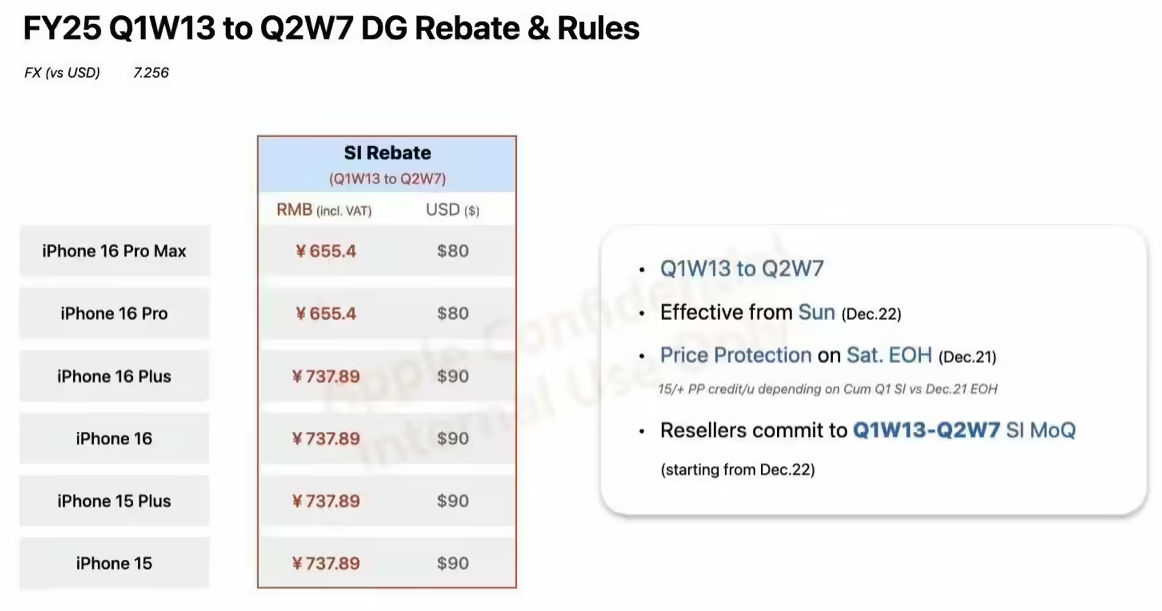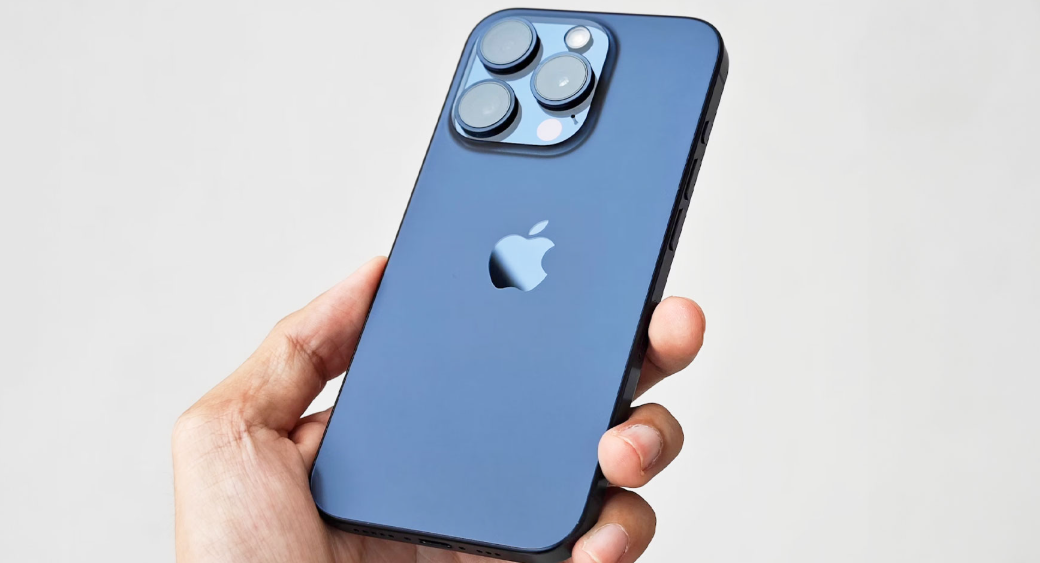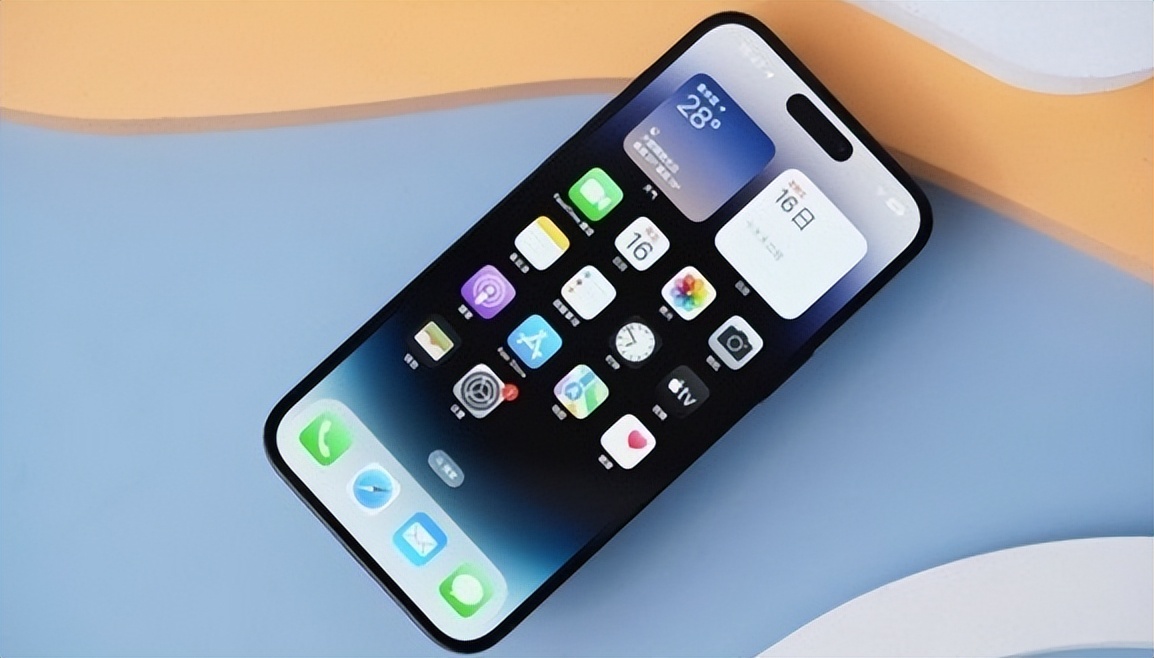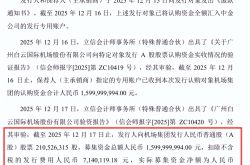iPhone 15/16 Set for Significant Price Drop: Hold Off on Your Purchase!
![]() 12/23 2024
12/23 2024
![]() 593
593
The recent mobile phone market has been abuzz with price reduction activities, leaving some 618 and Double 11 shoppers with a touch of regret. Consequently, many consumers have refrained from making purchases lately. While some argue that prices on platforms like Pinduoduo's 10 billion subsidy program are even lower, personal shopping habits and preferences often lead individuals to opt for official stores or flagship outlets. Take the iPhone, for instance; many believe they've missed the ideal buying window, but let me assure you, the best time to purchase is just around the corner.
An image circulating online hints at a uniform price drop across the entire iPhone 15, 15 Plus, and 16 series. This reduction is said to apply to most global iPhone markets, including China, with a minimum price decrease of RMB 550. Many domestic distributors claim to have received such notifications, although these are merely Apple's pricing guidelines for its distributors.

In China, the actual price reduction is expected to surpass this figure significantly. It's unclear whether this is influenced by the notification, but on JD.com's self-operated stores, the iPhone 16 is already priced at RMB 4,999. While this may seem like a steal, hold your horses! Starting from the 24th of this month, the Chinese New Year shopping festival will commence, offering additional digital subsidies of 10%-15% in various regions on top of official store discounts. Coupled with platform subsidies and 24-month interest-free installments in some areas, I predict prices will plummet even further, potentially undercutting Pinduoduo's 10 billion subsidy program.
This poses a challenge for domestic mobile phone brands, which already face a sales gap with iPhones. Many previously opted for domestic phones due to their cost-effectiveness. However, if the iPhone 16's price aligns with domestic models, it could gain substantial popularity. This isn't to elevate the iPhone's status but to acknowledge a proven trend.

Critics of iPhones may point to its 60Hz screen, low battery capacity, and modest charging power. While iPhone users are aware of these shortcomings, a price drop to the right level often overshadows these concerns for potential buyers. It's crucial not to impose one's product preferences on others and mock their choices; such behavior is unnecessary.
Despite iPhones consistently outselling competitors in the domestic market, Apple seems unsatisfied with its growth rate. Price reductions have become a strategy to boost sales, with the pace accelerating annually. The entire mobile phone industry grapples with this: new phones launch yearly, yet most users replace theirs every two years at least, leading to a surplus of older models. To deplete this inventory swiftly, price reductions are inevitable.

When iPhones become comparable in price to domestic models, how will you choose?






